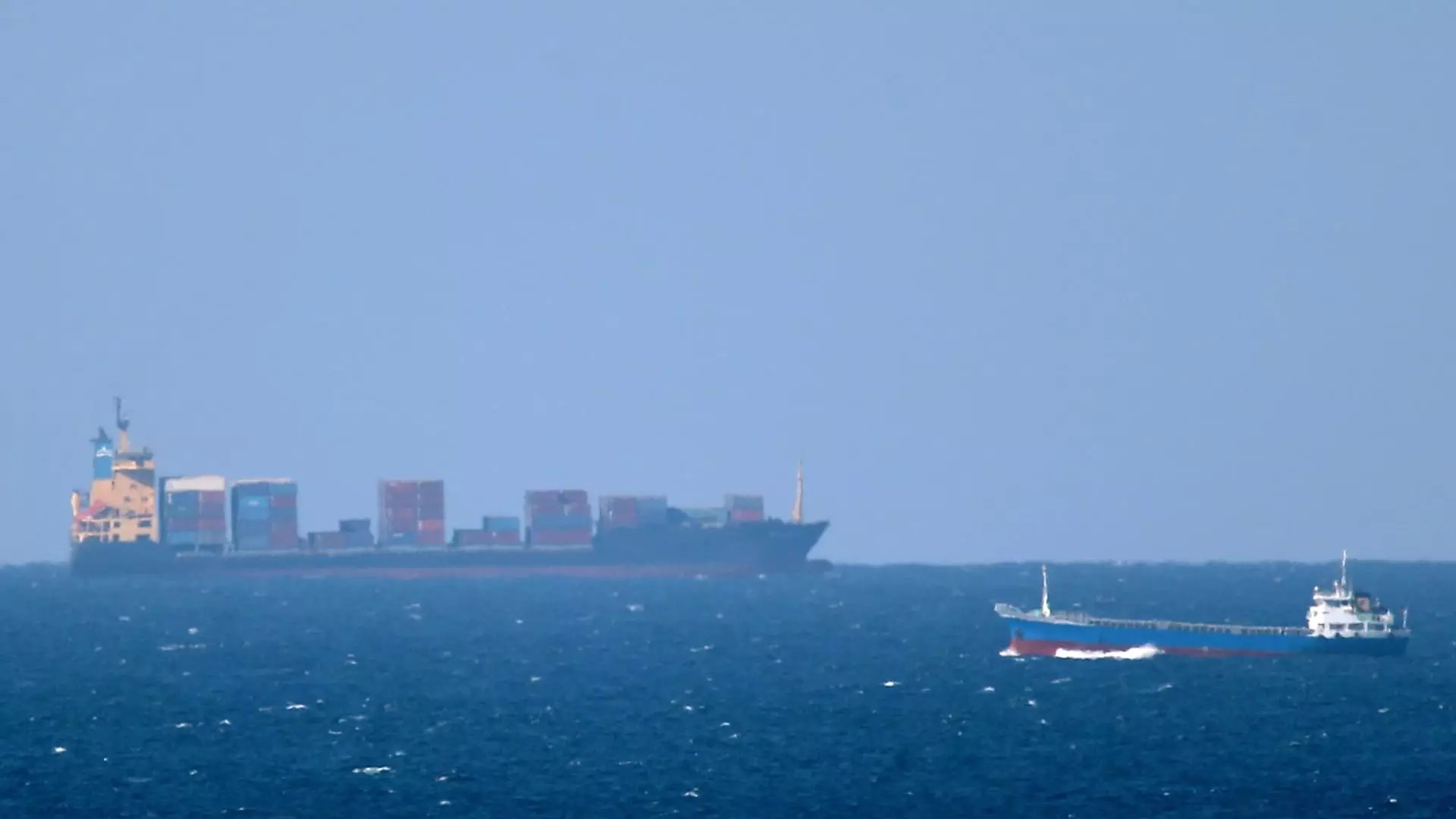The global stage is often painted with uncertainty, especially in regions like the Middle East. Yet, in the face of potential conflicts and geopolitical strife, Chinese businesses exhibit an unwavering optimism. Recently reported data reveals a noteworthy 20% increase in Chinese shipments to Dubai’s logistics hub compared to last year, despite the backdrop of heightened tensions between Iran and Israel. As nations are embroiled in conflict, one might assume that businesses would withdraw; however, the reality is starkly different. The ongoing clashes may be concerning, yet they do not hinder the appetite for trade and investment in the region, particularly from China, which seems to be boldly investing in what many view as a dangerous market.
The Middle East: A New Frontier for Chinese Investors
The Middle East has rapidly transformed into an attractive arena for Chinese enterprises. Beijing’s involvement in the region has intensified as trade disputes with the United States prompt a search for alternative markets. Chinese companies have pivoted their focus, channeling investments into sectors such as electric vehicles and venture capital. Their strategic presence signifies not just economic ambitions but an intrinsic understanding that the Middle East, with its vast potential, is ripe for development. Analysts such as Bear Huo, General Manager at FundPark, emphasize that the local populations in these countries are increasingly drawn toward vital goods such as batteries. This isn’t merely a reaction to conflict; it’s a calculated move driven by self-interest and pragmatism.
Geopolitical Dynamics: Balancing Acts and Strategic Interests
China’s geopolitical maneuvering is becoming evident as it acts as a stabilizing force in regional players’ relationships. The recent resumption of diplomatic ties between Riyadh and Tehran, facilitated by Chinese intervention, showcases China’s intent to become a constructive power on the global stage. However, concerns linger as tensions in the Strait of Hormuz—an essential global trade route—remain high. Local businesses are feeling the heat, as logistical operations slow down amid fears of potential escalation. This duality—the pursuit of economic opportunity intertwined with geopolitical volatility—paints a complex picture of China’s role in the Middle East.
Sanctions and Navigating Risks: The Reality Check
While the aspiration for deeper ties with Iran remains strong, Chinese businesses are acutely aware of sanctions imposed by the U.S. and the associated risks. The reduction in trade with Iran over the past two years highlights the precarious nature of doing business in a heavily sanctioned environment. Despite favorable conditions, many companies exhibit caution, acknowledging the potential for secondary sanctions and their repercussions. The government’s warning against American citizens traveling to Iran amplifies the risks, creating an atmosphere of wariness. Yet, there’s a hint of optimism lurking beneath the surface; if diplomacy prevails and sanctions loosen, an influx of Chinese investment could flood into Iran, enhancing tourism and infrastructure development.
A Forward-Looking Perspective Amidst Crisis
Chinese citizens recently expressed gratitude for their government’s efforts to evacuate them from Iran, yet there is an undercurrent of resilience among business leaders. The notion that a tit-for-tat escalation of conflicts might ultimately lead to renewed economic partnerships should not be dismissed lightly. Some experts posit that if the situation stabilizes, the potential for lucrative investments in Iran’s tourism and real estate sectors could yield tremendous returns for Chinese enterprises. Those same businesses might find themselves nestled in an untapped market ripe with opportunity.
While external factors impose constraints, the ever-evolving tapestry of economic-driven relationships demonstrates a resolute Chinese presence in the Middle East—an area fraught with challenges but teeming with potential. The coming years will reveal whether this optimistic stance will yield substantial rewards or if the specter of conflict will dim the lights on what could be a transformative period for both visions.


Leave a Reply